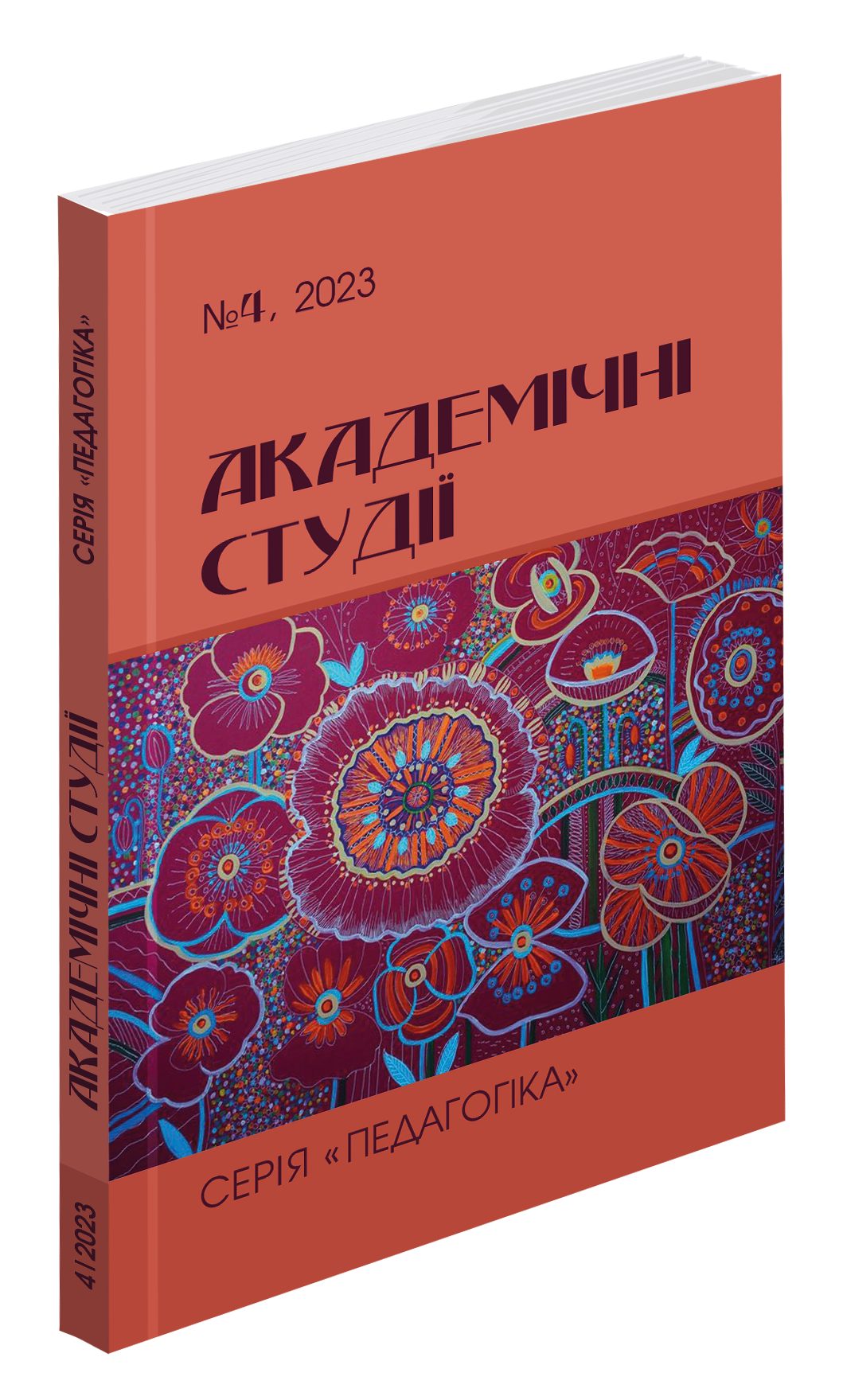Abstract
The article discusses the main issues related to the digitalization of education and technology for its implementation in the training of specialists in dual education. It is worth noting that the basis of the educational process is mastering the content of education and, on this basis, the introduction of educational technologies and teaching methods. The article analyzes in detail how the integration of theoretical training with practical work at enterprises contributes to the formation of competencies required in the labor market. The importance of dual education is emphasized in view of the rapid changes in digitalization and its impact on knowledge and professional skills. Particular importance in this process is given to innovative teaching technologies, including the introduction of blended learning with the use of online technologies. The necessity of introducing innovative approaches in the educational process is considered and emphasis is placed on ensuring that educational programs meet the needs of the labor market. The role of digital technologies in the modernization of educational methods and their impact on the training of highly qualified specialists is studied. The article also draws attention to the need to develop communication, organizational and leadership skills in the context of dual education. The article covers practical aspects of dual education, including cooperation with enterprises and implementation of individualized curricula, global trends in education, its digitalization and the need to introduce innovative teaching technologies. Particular attention is paid to the analysis of the benefits and challenges facing the dual education system in the modern world. The importance of realizing motivation for learning is emphasized, as it is based on the independent work of higher education students. In this context, dual education is gaining popularity and spreading through the use of updated models and technologies.
References
Ажажа М. А. Управління процесом упровадження дуальної освіти в професійну підготовку майбутніх фахівців. Публічне управління та митне адміністрування. 2019. № 1(20). С. 14–24.
Апалькова В. В. Концепція розвитку цифрової економіки в Євросоюзі та перспективи України. Вісник Дніпропетровського національного університету. Серія : Менеджмент інновацій. 2015. № 23. 2015. С. 9–18.
Гуревич Р. С. Інформаційні технології навчання: інноваційний підхід : навчальний посібник. Вінниця : ТОВ фірма «Планер», 2012. 348 с.
Кадемія М. Ю. Використання технології змішаного навчання для реалізації дуальної моделі професійної підготовки кадрів. Вінниця : Міжнародна науково-практична інтернетконференція, 2018. С. 94–100.
Карпенко Є. А. Сутність та переваги дуальної освіти, як прогресивної форми навчання та інструменту підвищення якості підготовки фахівців. Полтава : ПУЕТ, 2021. C. 250–253.
